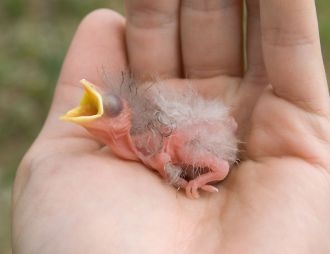
Bibliography
See all- 2015 Journal of Evolutionary Biology 28:1476–1488 Context-dependent effects of yolk androgens on nestling growth and immune function in chicks of a multi-brooded passerine
Context-dependent effects of yolk androgens on nestling performance
Maternal effects have a great influence on offspring phenotype. In oviparous species, females can adjust offspring development by changing the levels of certain components of the egg (like yolk hormones, particularly androgens), thus buffering the impacts of environmental heterogeneity on the performance of their descendants. Several studies have reported short term benefits of high yolk androgen levels, but such high hormone levels can also entail some costs, particularly those associated to decreased immunocompetence. In this research article we show that the resolution of this conflict is context-dependent. Thus, we found that the effects of androgens on growth, immune function and survival of spotless starling (Sturnus unicolor) chicks vary depending on the environment in which they develop. Overall, a positive effect of increased androgen levels was found in early clutches, whereas a negative balance (i.e. decreased immunocompetence and increased mortality) was found in clutches laid later in the season, when environmental conditions are harsher. The contrasted environmental conditions that the different broods of the species experience within the same breeding season determines why females should accurately and adaptively adjust their androgen allocation to egg yolks.
The results of this study have been published in Journal of Evolutionary Biology, within an article signed by Jaime Muriel, Pablo Salmón, Ángel Núñez-Buiza, Felipe de Salas, Lorenzo Pérez-Rodríguez, Marisa Puerta y Diego Gil, entitled "Context-dependent effects of yolk androgens on nestling growth and immune function in a multi-brooded passerine". The PDF is available on the left-side panel of this page.







